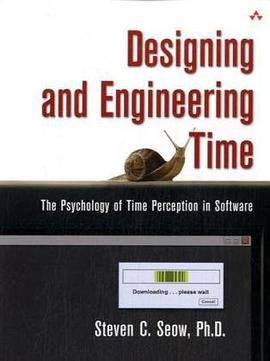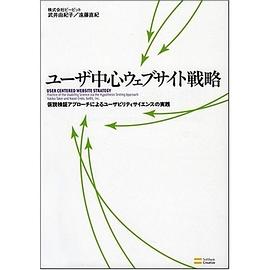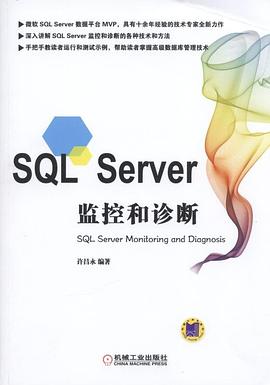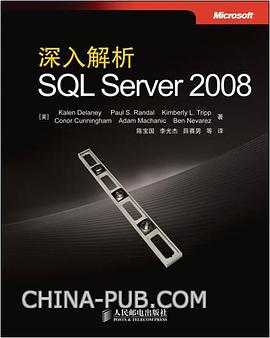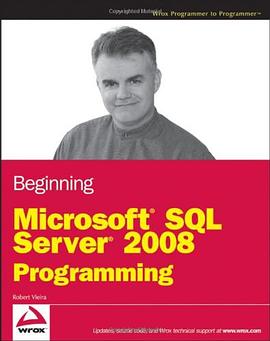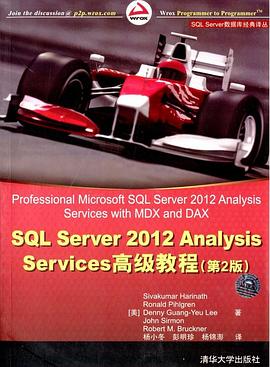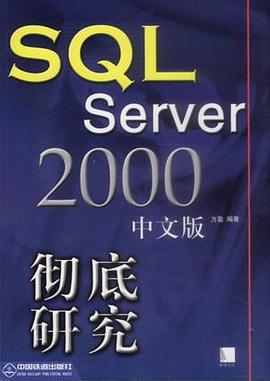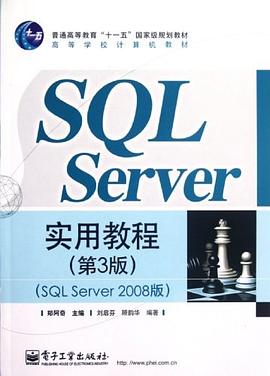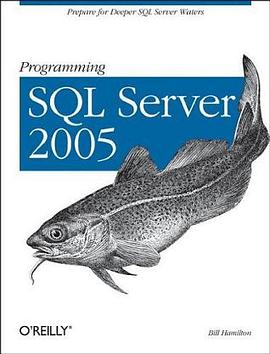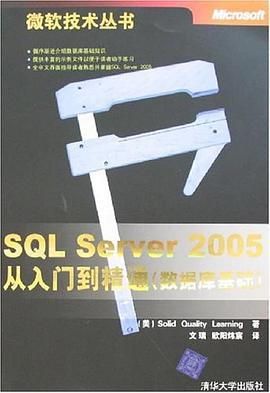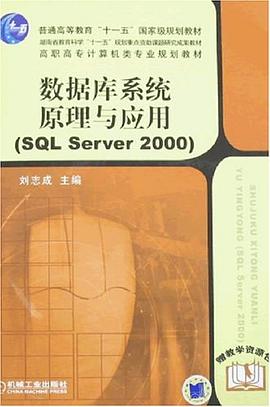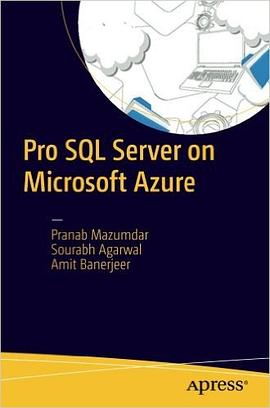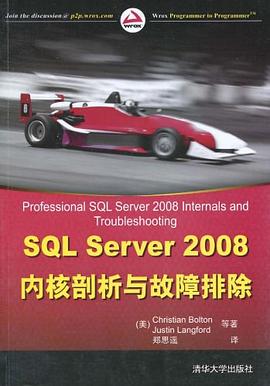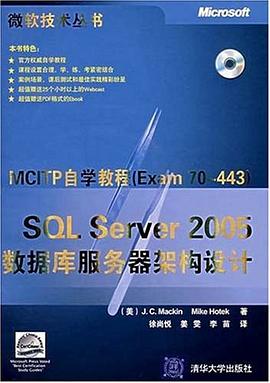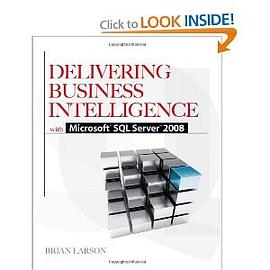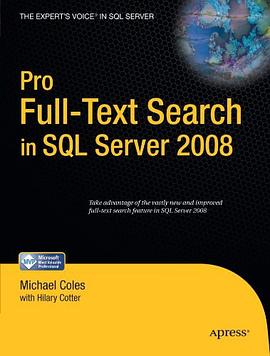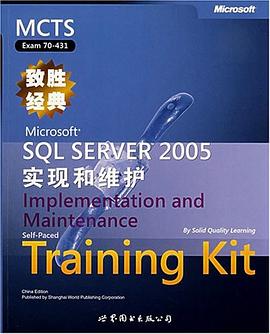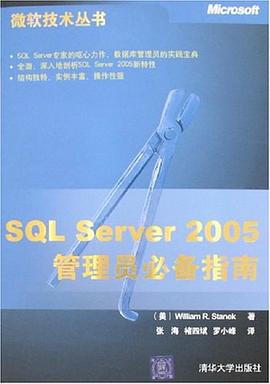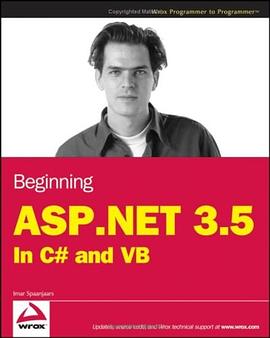

This book is for anyone who wants to learn how to build rich and interactive web sites that run on the Microsoft platform. With the knowledge you gain from this book, you create a great foundation to build any type of web site, ranging from simple hobby-related web sites to sites you may be creating for commercial purposes. Anyone new to web programming should be able to follow along because no prior background in web development is assumed. The book starts at the very beginning of web development by showing you how to obtain and install Visual Web Developer. The chapters that follow gradually introduce you to new technologies, building on top of the knowledge gained in the previous chapters. Do you have a strong preference for Visual Basic over C# or the other way around? Or do you think both languages are equally cool? Or maybe you haven't made up your mind yet and want to learn both languages? Either way, you'll like this book because all code examples are presented in both languages! Even if you're already familiar with previous versions of ASP.NET, with the 1. x versions in particular, you may gain a lot from this book. Although many concepts from ASP.NET 2.0 are brought forward into ASP.NET 3.5, you'll discover there's a host of new stuff to be found in this book, including an introduction to LINQ, the new CSS and JavaScript debugging tools, new ASP.NET controls, and integrated support for ASP.NET Ajax. To build effective and attractive database-driven web sites, you need two things: a solid and fast framework to run your web pages on and a rich and extensive environment to create and program these web pages. With ASP.NET 3.5 and Visual Web Developer 2008 you get both. Together they form the platform to create dynamic and interactive web applications. ASP.NET 3.5 builds on top of its popular predecessor ASP.NET 2.0. While maintaining backward compatibility with sites built using this older version, the Microsoft .NET Framework 3.5 in general and ASP.NET 3.5 in particular add a lot of new, compelling features to the mix. Continuing the path of "less code" that was entered with the 2.0 version of the .NET Framework, ASP.NET 3.5 lets you accomplish more with even less code. New features like LINQ that are added to the .NET Framework allow you to access a database with little to no hand written code. The integration of Microsoft ASP.NET Ajax into the ASP.NET Framework and Visual Web Developer means you can now create fast responding and spiffy web interfaces simply by dragging a few controls onto your page and setting a few properties. This book gives you an in-depth look at both these technologies. The support for cascading style sheets (CSS), the language to lay out and format web pages, has undergone a major overhaul in Visual Web Developer. The design time support, that shows you how a page will eventually look in the browser, has been vastly improved. Additionally, Visual Web Developer now ships with a lot of tools that make writing CSS a breeze. However, drag-and-drop support and visual tools are not the only things you'll learn from this book. ASP.NET 3.5 and Visual Web Developer 2008 come with a great and extensive set of tools to help you program your web applications. These tools range from the new LINQ syntax that allows you to query data and databases in your web applications, to the vastly improved debugging capabilities that allow you to debug your application from client-side JavaScript all the way up into your server-side code, all with the same familiar user interface, commands, and actions. Under the hood, ASP.NET 3.5 makes use of the same run-time as version 2.0. This ensures a great backward compatibility with that version, which means that ASP.NET 2.0 applications continue to run under the new framework. But don't be fooled by the fact that the run-time hasn't changed. Although the technical underpinnings needed to execute your web application haven't changed, the .NET 3.5 Framework and ASP.NET add a lot of new features, as you'll discover in this book. Probably the best thing of Visual Web Developer 2008 is its price: it's available for free. Although the commercial versions of Visual Studio 2008 ship with Visual Web Developer, you can also download and install the free Express Edition. This makes Visual Web Developer 2008 and ASP.NET 3.5 probably the most attractive and compelling web development technologies available today. This book teaches you how to create a feature-rich, data-driven, and interactive web site. Although this is quite a mouthful, you'll find that with Visual Web Developer 2008 this isn’t as hard as it seems. You'll see the entire process of building a web site, from installing Visual Web Developer 2008 in Chapter 1 all the way up to putting your web application on a live server in Chapter 18. The book is divided into 18 chapters, each dealing with a specific subject. Chapter 1, “Getting Started With ASP.NET 3.5.” In this chapter you'll see how to obtain and install Visual Web Developer 2008. You'll get instructions for downloading and installing the free edition of Visual Web Developer 2008, called the Express Edition. You are also introduced to HTML, the language behind every web page. The chapter closes with an overview of the customization options that Visual Web Developer gives you. Chapter 2, “Building an ASP.NET Web Site.” This chapter shows you how to create a new web site and how to add new elements like pages to it. Besides learning how to create a well-structured site, you also see how to use the numerous tools in Visual Web Developer to create HTML and ASP.NET pages. Chapter 3, “Designing Your Web Pages.” Visual Web Developer comes with a host of tools that allow you to create well-designed and attractive web pages. In this chapter, you see how to make good use of these tools. Additionally, you learn about CSS, the language that is used to format web pages. Chapter 4, “Working with ASP.NET Controls.” ASP.NET Server controls are one of the most important concepts in ASP.NET. They allow you to create complex and feature-rich web sites with very little code. This chapter introduces you to the large number of server controls that are available, explains what they are used for, and shows you how to use them. Chapter 5, “Programming Your ASP.NET Web Pages.” Although the built-in CSS tools and the ASP.NET server controls can get you a long way in creating web pages, you are likely to use a programming language to enhance your pages. This chapter serves as an introduction to programming with a strong focus on programming web pages. Best of all: all the examples you see in this chapter (and the rest of the book) are in both Visual Basic and C#, so you can choose the language you like best. Chapter 6, “Creating Consistent Looking Web Sites.” Consistency is important to give your web site an attractive and professional appeal. ASP.NET helps you create consistent-looking pages through the use of master pages, which allow you to define the global look and feel of a page. Skins and themes help you to centralize the looks of controls and other visual elements in your site. You also see how to create a base page that helps to centralize programming code that you need on all pages in your site. Chapter 7, “Navigation.” To help your visitors find their way around your site, ASP.NET comes with a number of navigation controls. These controls are used to build the navigation structure of your site. They can be connected to your site's central site map that defines the pages in your web site. You also learn how to programmatically send users from one page to another. Chapter 8, “User Controls.” User Controls are reusable page fragments that can be used in multiple web pages. As such, they are great for repeating content like menus, banners, and so on. In this chapter, you learn how to create and use User Controls and enhance them with some programmatic intelligence. Chapter 9, “Validating User Input.” A large part of interactivity in your site is defined by the input of your users. This chapter shows you how to accept, validate, and process user input using ASP.NET server controls. Additionally, you see how to send e-mail from your ASP.NET web application and how to read from text files. Chapter 10, “ASP.NET Ajax. ” Microsoft ASP.NET Ajax allows you to create good looking, flicker free web pages that close the gap between traditional desktop applications and web applications. In this chapter you learn how to use the built-in Ajax features to enhance the presence of your web pages, resulting in a smoother interaction with the web site. Chapter 11, “Introduction to Databases.” Understanding how to use databases is critical to building modern web sites, as most modern web sites require the use of a database. You'll learn the basics of SQL, the query language that allows you to access and alter data in a database. In addition, you are introduced to the database tools found in Visual Web Developer that help you create and manage your SQL Server databases. Chapter 12, “Displaying and Updating Data.” Building on the knowledge you gained in the previous chapter, this chapter shows you how to use the ASP.NET data-bound and data source controls to create a rich interface that enables your users to interact with the data in the database that these controls target. Chapter 13, “LINQ.” LINQ is Microsoft's new solution for accessing objects, databases, XML, and more. In this chapter you'll see how to use LINQ to SQL to access SQL Server databases. Instead of writing a lot of manual code, you create a bunch of LINQ objects that do the heavy work for you. This chapter shows you what LINQ is all about, how to use the visual LINQ designer built into Visual Web Develo...
具體描述
讀後感
評分
評分
評分
評分
用戶評價
相關圖書
本站所有內容均為互聯網搜索引擎提供的公開搜索信息,本站不存儲任何數據與內容,任何內容與數據均與本站無關,如有需要請聯繫相關搜索引擎包括但不限於百度,google,bing,sogou 等
© 2025 qciss.net All Rights Reserved. 小哈圖書下載中心 版权所有

